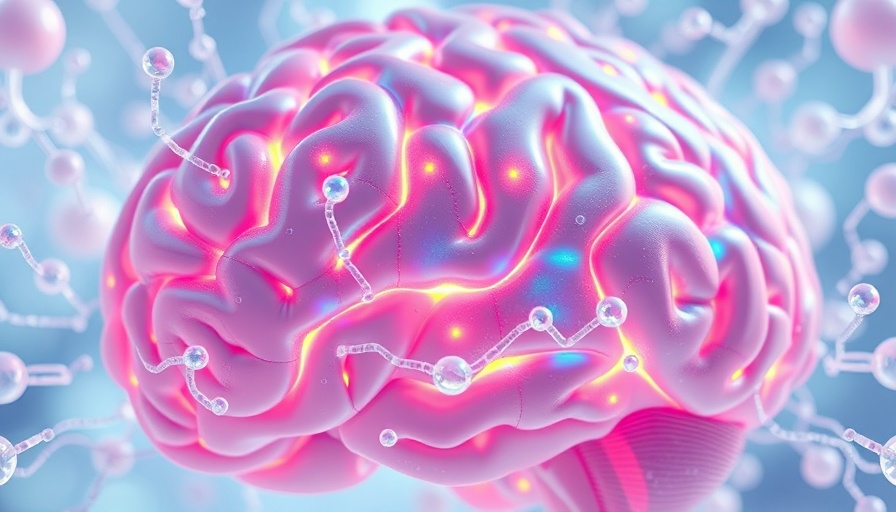
Unlocking Potential: How Probiotics May Help in Neurodegenerative Diseases
In recent years, the scientific community has been abuzz with promising research about probiotics and their potential benefits beyond gut health. Emerging studies are shining a light on how these beneficial bacteria might play a transformative role in combating neurodegenerative diseases, including Alzheimer’s.
The Gut-Brain Connection
The gut-brain axis, a fascinating link between our digestive system and brain functions, is where probiotics come into play. Research suggests that maintaining a healthy gut microbiome can positively affect cognitive function. This discovery leads researchers to explore treatments that may support brain health, focusing on probiotics as a key player.
What the Research Says
Studies have shown that probiotics may reduce inflammation, enhance neuronal health, and even generate neuroprotective effects. For those grappling with symptoms of Alzheimer’s and other neurodegenerative conditions, these findings provide a glimmer of hope. While more research is needed, the initial results suggest a shift in how we view the treatment landscape for such diseases.
Your Next Steps Toward a Healthier Mind
Incorporating probiotics into your daily regimen could be a proactive step toward enhancing your brain health. Foods like yogurt, kefir, and fermented vegetables are excellent sources of these beneficial microorganisms. Consider consulting with a healthcare professional to explore how a probiotic-rich diet can complement your wellness journey.
Conclusion: Embrace the Power of Probiotics
As we continue to learn about the profound impact of gut health on overall well-being, delving into probiotics offers a fascinating frontier for potential treatment options. By making conscious dietary choices today, we may pave the way for a healthier tomorrow, both for ourselves and for future generations.
 Add Row
Add Row  Add
Add 

 Add Row
Add Row  Add Element
Add Element 




Write A Comment